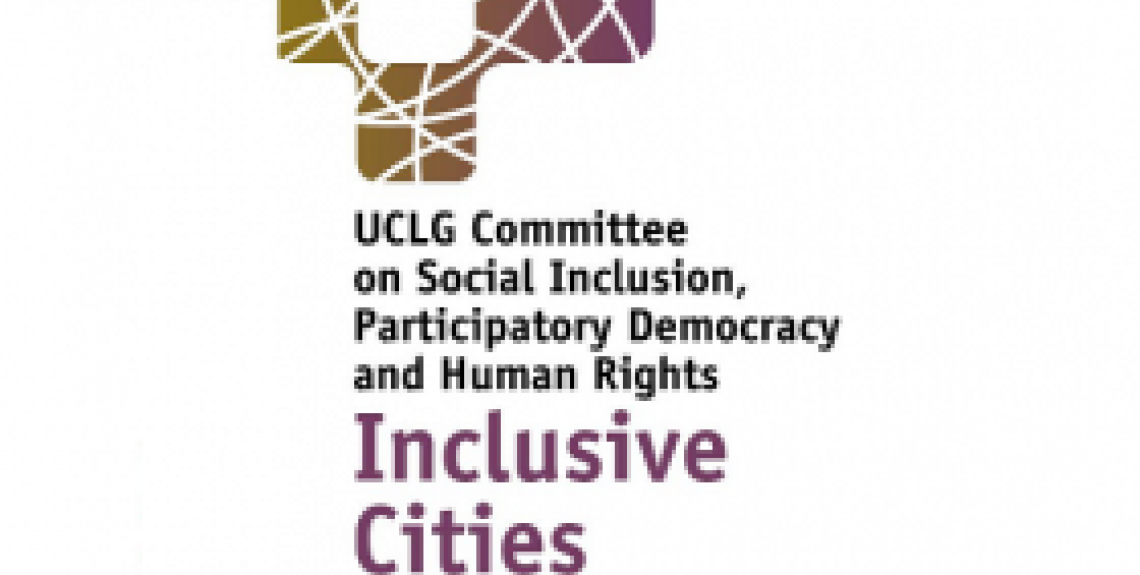The participatory policy of the Poitou-Charentes region was established in late 2004 with the election of Ségolène Royal, and has continued to evolve and develop since that date. As it can potentially reach all users of regional public services, it seeks to involve the public in regional decisions. It focused first on secondary schools, before gradually being rolled out by drawing lots to other public policies such as transport, the environment and the economy. This policy has recently undergone significant developments, with the implementation of social justice criteria defined by the users themselves, by means of a participatory process, in order to increase the redistributive nature of these policies.
Apart from the promotion of social justice and the redistribution of wealth toward disadvantaged social groups and areas, the policy pursues political, civil and administrative objectives. The primary aim is to democratize regional public action and educational policy in particular - one of the core competences of the region is management of secondary schools - with increasing emphasis on the definition of objectives and the choice of budget priorities. The participatory policy of Poitou-Charentes is also a forum for learning about citizenship and for education about public affairs, and its aim is to foster citizenship through participation, focusing particularly on young people. Finally, this policy aims to modernize the regional government, reinforcing transversality between its departments and accelerating the pace of public decision-making in order to meet the needs of the population more quickly.
By definition, the workings of participatory policy prioritize participation by users. The core idea of this initiative is that the pursuit of social and political objectives and the reduction of inequalities in particular, cannot be undertaken without the direct participation of citizens, who must express their needs and expectations and who can eventually engage in a process of empowerment. This action, which is supported by the regional government, is not institutionalized from a legal standpoint as the French regions do not have any legislative powers. However, a de facto institutionalization is apparent because the policies implemented undergo a process of routinization and entrenchment in the regional political culture. The Region's participatory policy receives relatively modest financing from the Region, which entails the employment of some territorial agents responsible for organizing participation. However, some projects received financial support from the European Union.
The participatory policy has led to a democratization of regional initiatives, especially in the field of educational policy. One of the most important results of this experience also involves the modernization of the regional government. From the social point of view, the results are more mixed. Although this policy has permitted resources to be redirected towards what were previously less influential actors in the regional decision-making process (particularly young people and the working classes), some counter-redistributive effects were observed, as some actors or territories have succeeded in obtaining resources by means of participatory processes, even when they are in a relatively favourable situation). However, the recent incorporation of social justice criteria in the secondary Schools Participatory Budget should partially solve this problem.
The participatory policy of the region of Poitou-Charentes faces two more difficult obstacles. First, reluctance or even resistance from the experts, whose professional authority was being called into question, and the principals of the schools and trade unionists, who felt that they were losing power as a result of the creation of participatory mechanisms. As a result, only a strong political commitment is able to ensure the progression of an effective participatory policy. Moreover, it is difficult to manage the process in administrative terms, since it requires a heavy mobilization of regional personnel, which obviously entails a cost.
Please consult the full case study: whole case study
For more information: Inclusive Cities Observatory


